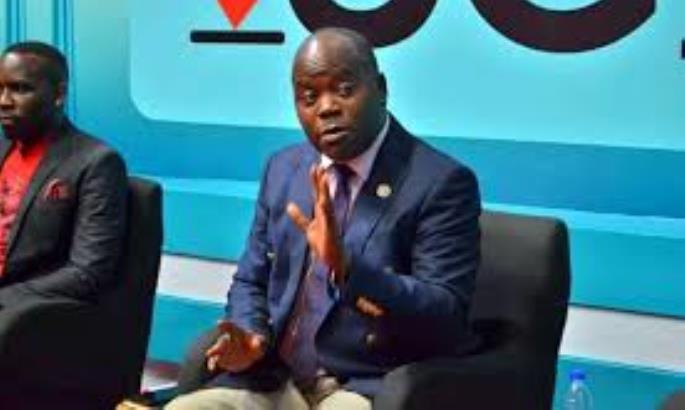In a thought-provoking twist, former presidential candidate Walter Lubega Mukaku casts doubt on the enduring strength of the National Unity Platform (NUP) compared to its political counterparts, the Forum for Democratic Change (FDC) and the Democratic Party (DP).
Despite NUP’s initial promise and potential to emerge as a robust and vibrant party, Mukaku suggests that it may have a shorter lifespan than anticipated.
Led by the charismatic Robert Kyagulanyi, popularly known as Bobi Wine, and with Norbert Mao at the helm of the DP alongside his role as Minister of Justice and Constitutional Affairs, NUP seemed poised to revolutionize Uganda’s political landscape.
However, Mukaku’s recent comments, shared after he and a group identifying themselves as the DP-Bloc announced the termination of their cooperation with NUP, shed light on underlying concerns.
With former Makindye East MP Michael Mabikke by his side, Mukaku accuses NUP’s leadership of exhibiting dictatorial tendencies. These tendencies, he argues, have hindered their collective plans to effect regime change in Uganda.
Disgruntled and disillusioned, the dissatisfied members claim that NUP has diverted its focus from challenging President Museveni to internal conflicts within the opposition itself.
It is worth noting that the former presidential candidate was an early supporter of Kyagulanyi, lending his assistance during the Kyaddondo East by-election in 2017, where Kyagulanyi emerged victorious over Apollo Katinti.
However, during an appearance on the “Big Talk” radio show on Next Radio, former Kasese Municipality MP Robert Centenary, too, expresses his concern over the situation.
Centenary laments the loss of foundational members across various political parties and attributes it to the destructive nature of human behavior. Intrigue and suspicion, he suggests, have become the cancer eroding the unity of opposition parties.
He further highlights the role of propagandists in exacerbating this situation by disseminating stories that foster distrust among party members.
Drawing on his experience, Centenary reminds us that the political landscape is ever-changing, resembling a song that rises and falls in popularity.
Today, it may be NUP, while tomorrow, it could be the resurgence of FDC. He emphasizes that the lifespan of political parties depends on their ability to adapt and demonstrate creativity.
Reflecting on the current political environment, Centenary expresses a longing for the return of Inter Party Cooperation. He believes that the prevailing landscape is ripe for the opposition to unite and effect the change they desire.
However, he cautions against the prevailing trend of political parties defining themselves solely by what they oppose, rather than articulating a clear vision of what they stand for. This, he asserts, is a challenge that needs to be addressed, as citizens have also fallen victim to this divisive rhetoric.
As Mukaku’s concerns over NUP’s longevity and the voices of dissatisfied members echo, a deeper examination of the internal conflicts within the opposition and the need for creative approaches to political engagement becomes crucial.
The fate of NUP, FDC, and the DP rests not only on their ability to navigate these challenges but also on their capacity to inspire citizens with a positive vision for the future.


